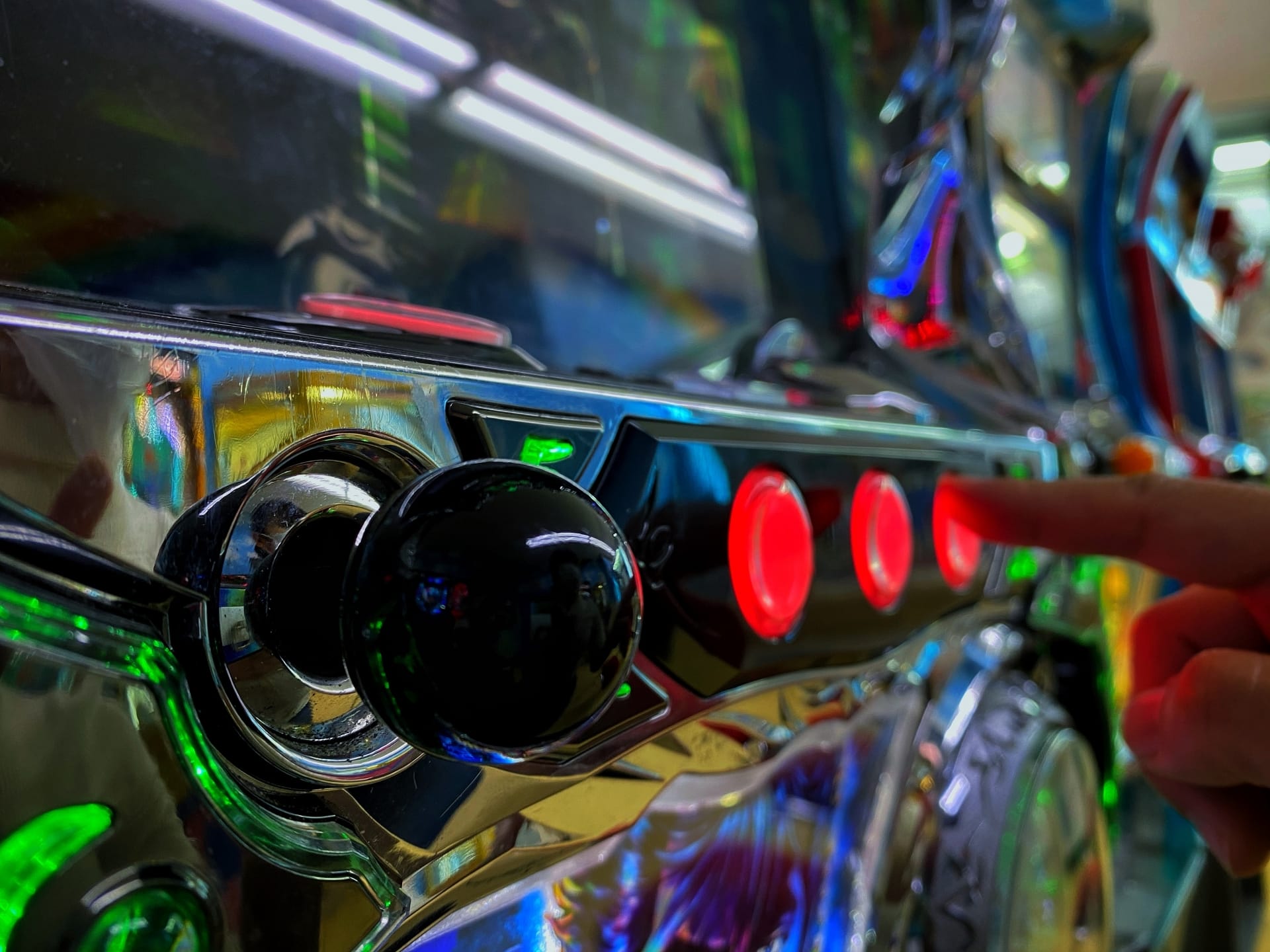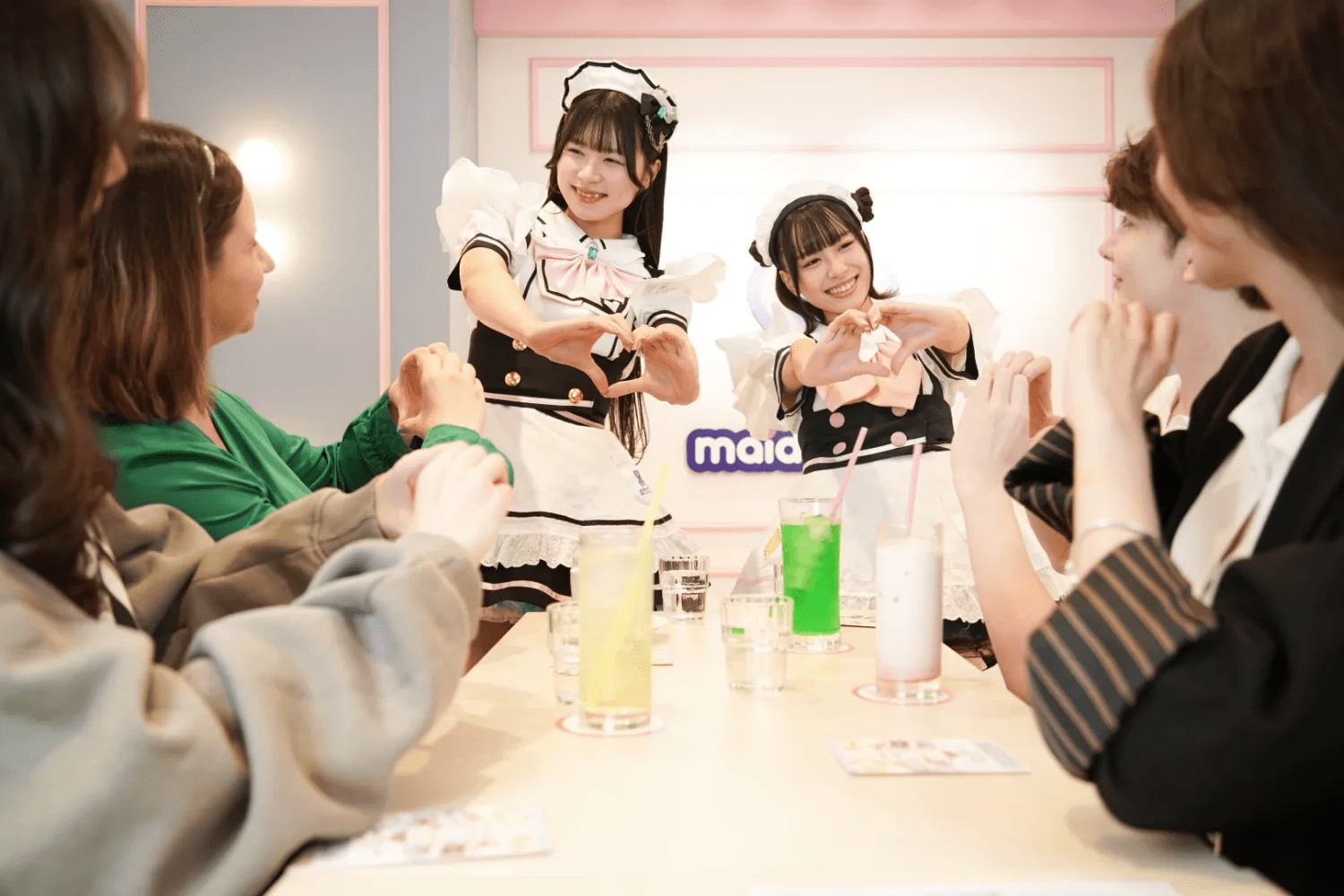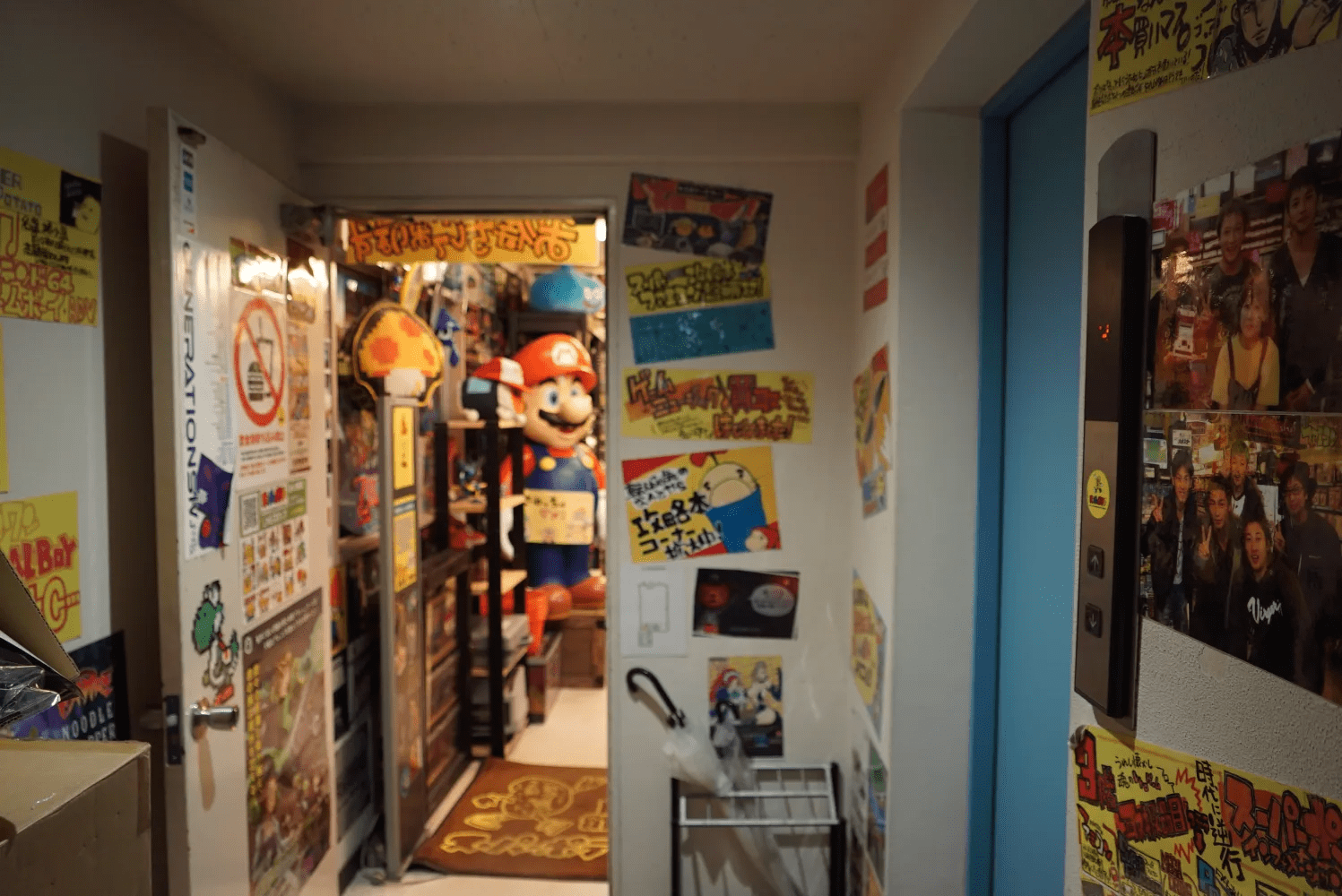What Is Pachinko?: Japan's Gambling Culture
The reason for updating the article is the growing interest in tours that allow visitors to enjoy Japanese pop culture and unique culture. As these tours gain popularity, Magical Trip's tour, which ranked #1 among all tours on Tripadvisor, has been receiving numerous applications.

If you're interested in Japan's unique culture and pop culture, we recommend starting with the "Akihabara Anime & Gaming Adventure Tour." In Japan's largest pop culture hub, expert guides who know Akihabara inside and out will take you to arcades, maid cafes, and figure shops.
Magical Trip also offers various other tours tailored to your interests. Take a look at the tour details below to find one that matches the cultural aspects you're most interested in.
・Harajuku Kawaii Fashion & Pop-culture Tour
・Tokyo Sumo Morning Practice Tour in Ryogoku
・Asakusa Cultural Walk & Matcha Making Tour
We hope you'll have a wonderful time experiencing everything Ueno has to offer by joining a Magical Trip tour!
Introduction
Flashy signboards and deafening sounds. A unique space filled with cigarette smoke and heat. This is the scene of a Japanese pachinko parlor.
While I don't play pachinko myself, this unique entertainment is deeply rooted in our street corners and daily lives. Though it might seem strange to foreigners, pachinko can be called a "national gambling" that was born in post-war Japan and has evolved in its own unique way.
However, behind its flashy exterior, there are complex and sometimes dark aspects, including addiction problems, illegal cash exchange systems, and historical connections with organized crime.
In this article, I will unravel this unique pachinko culture from both its appealing and problematic perspectives.
Table of Contents
・What Is Pachinko? Japan's Unique Gambling Culture
・Differences Between Pachinko and Casinos
・Kabukicho and Pachinko
・Historical Connections Between Pachinko and Yakuza
・The Appeal and Criticism of Pachinko Culture
If you love Japanese entertainment culture, then this is the best spot for otaku in Tokyo. You can't call yourself a Japanese pop culture lover without visiting here!
Not only will I tell you about the three sacred places for otaku (Pilgrim), but also special places where you can meet Japanese characters such as Ghibli and Pokemon!
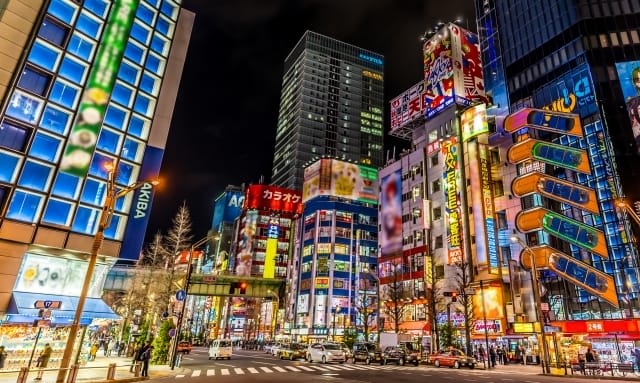
What Is Pachinko? Japan's Unique Gambling Culture
Pachinko is a unique entertainment facility seen on Japanese street corners. Its origins date back to the post-war period, and it has evolved with time. Now, pachinko has become an indispensable part of Japan's landscape.
Basic Rules and How to Play Pachinko
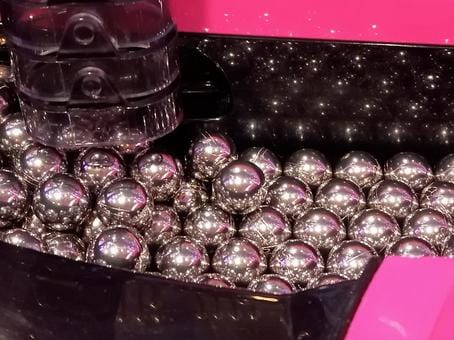
The basic way to play pachinko is simple at first glance but has great depth. First, you launch pachinko balls that hit the board. The balls bounce off pins as they fall.
The important point here is that if a ball enters certain holes, you get a "jackpot" and can win many balls at once.
While hitting the jackpot is extremely difficult, the joy when succeeding is extraordinary. My friend described the excitement of hitting their first jackpot as "feeling like winning the lottery."
The balls you win can be exchanged for prizes. This connects to the de facto cash exchange system known as the "three-store system," which I'll explain later.
Recent pachinko machines aren't just about shooting balls. You can enjoy flashy LCD screen performances and mini-games. Many machines collaborate with anime and popular characters to entertain fans.
Also, there are various types from 1-yen pachinko to high-stakes machines, which is appealing as players can choose according to their preferences and budget. My uncle often goes to pachinko parlors, saying, "With 1-yen pachinko, I can enjoy myself all day with just pocket money."
Characteristics and Atmosphere of Pachinko Parlors
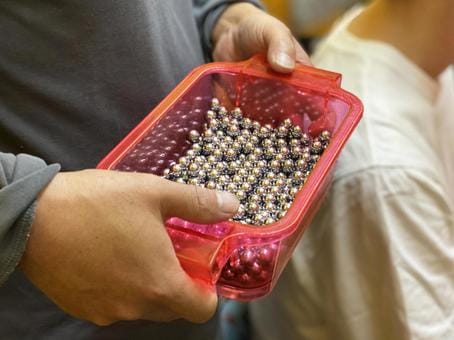
The exterior of pachinko parlors stands out in Japan's streetscape. They're characterized by flashy signs and glowing facades that become even brighter at night. My foreign friend who visited Japan for the first time was amazed, saying, "It's like a miniature Las Vegas."
Stepping inside is like entering a completely different world. It's a unique space filled with cigarette smoke and mechanical sounds. However, recently, more smoke-free establishments are appearing, and the environment is gradually improving.
Pachinko parlors have very long operating hours, with many stores open from early morning until late night. The customer base is diverse, from office workers to housewives.
At my local pachinko parlor, I often see regular customers lining up first thing in the morning. For them, pachinko has become part of their daily routine.
Differences Between Pachinko and Casinos
While pachinko and casinos might seem similar at first glance, they are actually quite different forms of gambling. Understanding these differences is important for knowing Japan's gambling culture.
Differences in Gameplay and Legal Status
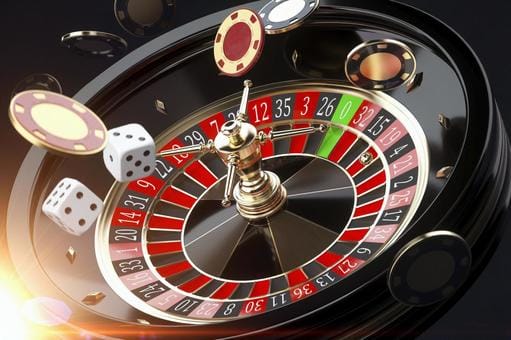
The biggest difference between pachinko and casinos lies in their legal status. In Japanese law, pachinko is treated as "amusement," and direct cash exchanges are illegal.
On the other hand, casinos are legally recognized as public gambling, where direct cash exchanges are possible.
There are also major differences in gameplay. Pachinko has a strong technical element, with strategy involved in how you shoot the balls and choose machines. My relative often says, "Pachinko isn't just about luck. The key to improving is reading the machine's patterns."
In contrast, most casino games are purely chance-based, with little room for player skill intervention.
Also, pachinko has about 10,000 parlors across Japan and has established itself as an accessible entertainment. Meanwhile, casinos are still rare in Japan, with limited openings planned only within IR (Integrated Resorts).
Cultural and Social Position Differences in Japan
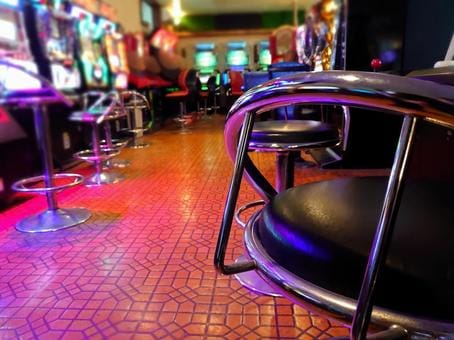
Pachinko has developed as part of post-war Japanese popular culture and has deeply penetrated as daily entertainment. A wide range of people, from office workers to housewives, enjoy it regularly.
On the other hand, casinos are still unfamiliar to Japanese people and are positioned more as overseas travel or special event venues. They're characterized by a luxurious atmosphere targeting wealthy individuals and tourists.
There are also differences in social acceptance. While pachinko faces addiction issues and social criticism, it has gained a certain level of acceptance.
Regarding casinos, there is strong opposition to their introduction due to concerns about gambling addiction and deteriorating public safety. Even in Osaka where I currently live, there are intense debates about casino attraction.
Kabukicho and Pachinko
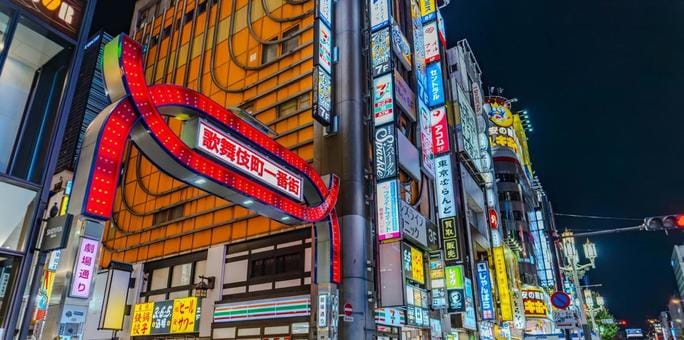
Kabukicho is Japan's largest entertainment district located in Tokyo's Shinjuku ward. Here, thousands of restaurants and adult entertainment establishments are concentrated, and of course, many pachinko parlors exist among them. I still vividly remember being overwhelmed by its scale and bustle when I first visited Kabukicho.
Pachinko parlors function as one of Kabukicho's major attractions. In Kabukicho, known as the city that never sleeps, pachinko parlors are an important element supporting the nightlife's vibrancy. Even late at night, the brightly shining signs of pachinko parlors can be considered one of Kabukicho's symbolic landscapes.
My friend says, "Pachinko parlors in Kabukicho have a special atmosphere." Indeed, within the unique environment of Kabukicho, I feel that pachinko parlors exude an even more distinctive presence.
Historical Connections Between Pachinko and Yakuza
When we unravel the history of the pachinko industry, we can see complex relationships with organized crime groups (Yakuza). This relationship began during the post-war chaos and has evolved over time.
Post-war Pachinko Industry and Yakuza Involvement
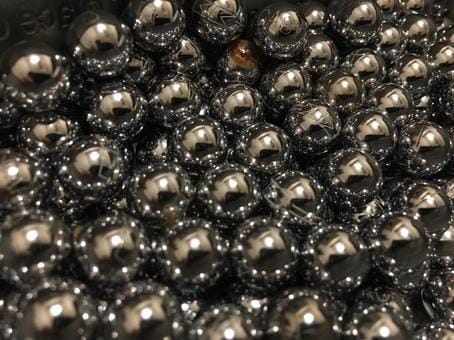
In the 1950s, as the pachinko industry experienced rapid growth during the post-war chaos, the Yakuza became deeply "involved" in its management and operations. My grandfather, who knows that era, tells me, "There was always Yakuza behind every pachinko parlor."
Particularly important was the establishment of the cash exchange system. The system of converting pachinko prizes into cash existed in a legal gray zone, and the Yakuza functioned as intermediaries. This illegal direct exchange system became one of the factors supporting the rapid growth of the pachinko industry.
Additionally, protection money from pachinko parlors became an important source of funds for the Yakuza. My uncle, a former police officer, says, "Back then, there was always a Yakuza office behind every pachinko parlor."
Modern Pachinko Industry and Yakuza Relations
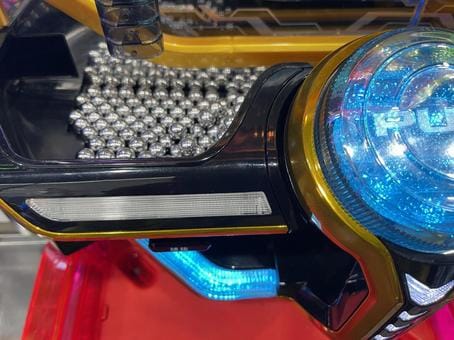
However, this relationship has changed with time. Strengthened police enforcement and stricter legal regulations have made it difficult for the Yakuza to directly intervene in the pachinko industry.
Also, the rise of major chain stores has reduced the number of individually-owned stores that were more susceptible to Yakuza influence.
In today's pachinko industry, compliance is heavily emphasized. Many companies have adopted policies to cut ties with antisocial forces and are working to improve their image. Industry associations are also promoting self-regulation and industry health.
However, interestingly, while the distance between the Yakuza and the pachinko industry has grown, it's noted that the relationship between the police and the pachinko industry has become closer.
My friend in law enforcement says, "The relationship between the pachinko industry and the police exists on a delicate balance."
The Appeal and Criticism of Pachinko Culture
Pachinko is deeply rooted in Japanese society, but opinions about it vary greatly. While some find it appealing, there are also strong voices of criticism.
The Appeal and Enjoyment of Pachinko
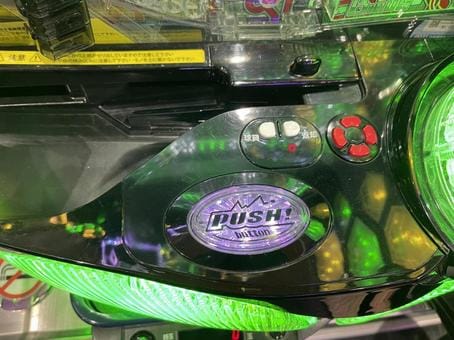
The greatest appeal of pachinko is undoubtedly the excitement and elation when hitting the jackpot. My friend passionately says, "The thrill of hitting the jackpot is incomparable to anything else." It's a moment where you can experience the dream of striking it rich.
Also, recent pachinko machines are rich in themes, featuring collaborations with popular anime and movies, complete with special effects and music.
While I don't play pachinko myself, when I peek inside a parlor, I'm amazed by its flashiness, similar to an arcade. Being able to enjoy favorite characters and stories while playing is a unique appeal of pachinko.
Furthermore, one of pachinko's appeals is the perfect balance between skill and luck. You can enjoy strategic elements like how to shoot the balls and choose machines.
My uncle, an enthusiastic pachinko fan, says, "It's interesting to develop an eye for reading machine patterns." This element is probably one of the reasons why many players are attracted to it.
Criticism of the Pachinko Industry and Social Issues
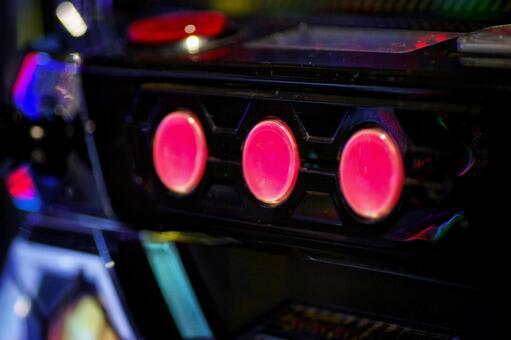
On the other hand, there are persistent criticisms of the pachinko industry.
One of the biggest problems is the risk of gambling addiction. Excessive involvement can cause financial and psychological problems. I know someone who got into debt after becoming too involved with pachinko. When I hear about their experience, I can't help but realize the dangers of pachinko.
There are also concerns about negative influences on youth. While the law prohibits entry for those under 18, many young people are attracted to the flashy exterior and advertisements.
Furthermore, the "three-store system," pachinko's unique prize exchange system, is criticized for its lack of transparency. This system exists in a legal gray zone, and there are claims that it's essentially gambling.
My friend who is knowledgeable about law takes a critical view, saying, "The three-store system exploits loopholes in the law."
These issues damage the overall image of the pachinko industry, and the industry seems to be struggling to address them.
Pachinko is deeply rooted as Japan's unique gambling culture.
Its flashy exterior and unique atmosphere continue to fascinate many people. The perfect balance of skill and luck, the excitement of hitting jackpots, and recently, collaborations with popular characters - pachinko has appeals that other forms of entertainment don't.
However, it also faces serious issues such as gambling addiction risks, negative influences on youth, and an opaque prize exchange system. Additionally, there are complex aspects in its history and current status, including past relationships with the Yakuza and current delicate relationships with the police.
I personally felt the depth of this culture anew while writing this article. While I don't recommend foreign visitors actually try it, I hope this article provides an opportunity for everyone to gain deeper knowledge about Japan's gambling culture.
